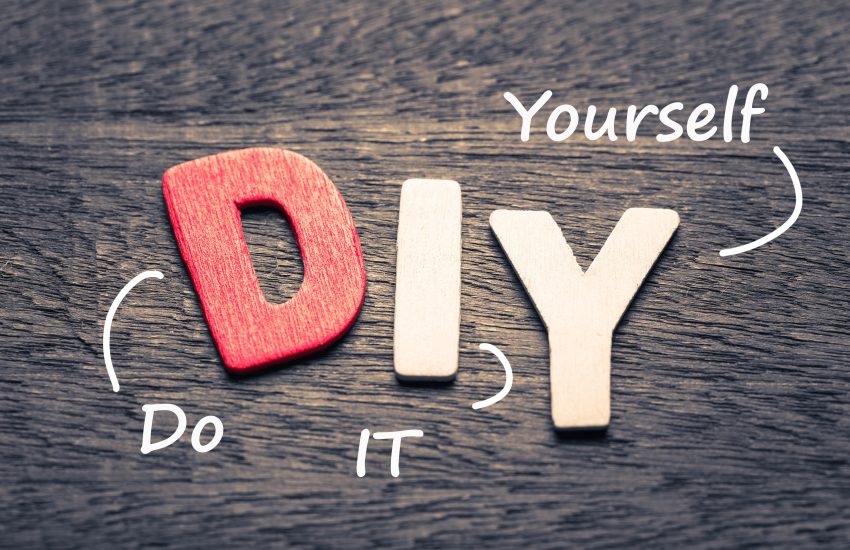Making It A Little Easier To Get The Sleep That You Need
Out of all of the health problems affecting adults, there are few more common that having trouble getting both the quality and quantity of sleep that you need at night. This can be affected by a wide range of things, from what you eat to how much exposure to the elements you get. Here, we’re going to look at simple tips you can take to start improving the kind of sleep you get.
Link to Picture – Pixabay License
A healthy, balanced diet is key
It’s a very common health tip when it comes to addressing pretty much any kind of physical issue and for good reason. Your diet really is that important. For instance, vitamin D, magnesium, and omega 3 fatty acids have all been shown to be crucial to sleep, to the point that deficiencies can lead to insomnia. Take a look at some of the foods that can help you sleep and consider getting more of them in your diet.
Improve your natural body clock
Our body has a natural body clock that ensures we are active in the day and asleep at night. This body clock is largely influenced by serotonin. How we produce this transmitter is influenced not only by our diet, but also by how much sunlight we get. As such, arranging a window cleaning to let more natural light in the home and getting outside more often can mean a marked improvement to your sleeping habits. The more sunlight you get during the day, the more likely you are to get to sleep at night.
Take steps to manage your stress
Just as serotonin can help us sleep, other hormones can get in the way of sleep. This is true of cortisol, also known as the stress hormone because our body loses the ability to properly regulate it when we’re stressed. As such, taking steps to de-stress, such as meditation, exercise, and deep breathing techniques can all help improve your sleep at night. Stress is a multi-faceted issue, so taking on one measure might not be enough to help quell it entirely, but every little step to address it will help you get your rest.
Set a proper nighttime routine
To put it simply, the better we “prepare” for sleep at night, the easier it tends to be to actually get the shut-eye that we need. Our mind starts to get ready when we actively prepare. As such, putting together a proper nighttime routine, such as stretching, brushing our teeth, and turning off the electronics is important. Perhaps most important is ensuring we’re not looking at any screens for 45 minutes before bedtime. The blue light from those screens has been scientifically proven to make it harder to get to sleep for longer, meaning we should avoid it.
If you’re having significant sleep problems, then it’s worth talking to the doctor about it. Poor sleep can impact your mental and physical health in a variety of ways, so it’s not something you should simply let slide, under any circumstances.



Nice article. This is sad but true that many of us find it too difficult to sleep. This methods mentioned in the article really help. Reducing stress, maintaining a regular time of sleeping and proper diet is very important for a sound sleep. Thanks.